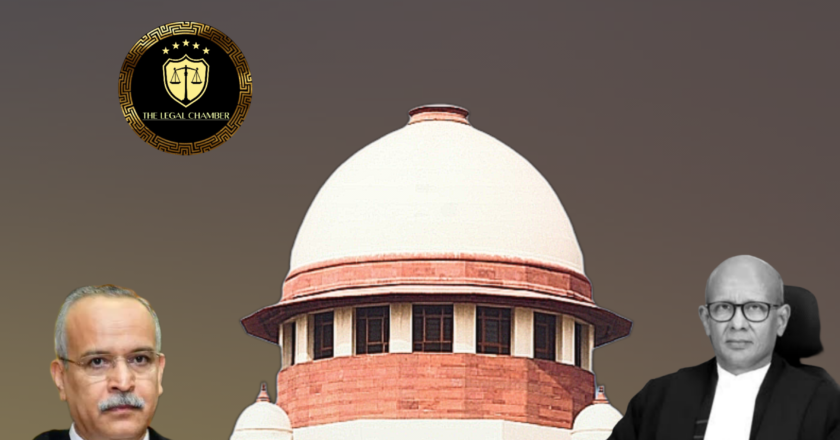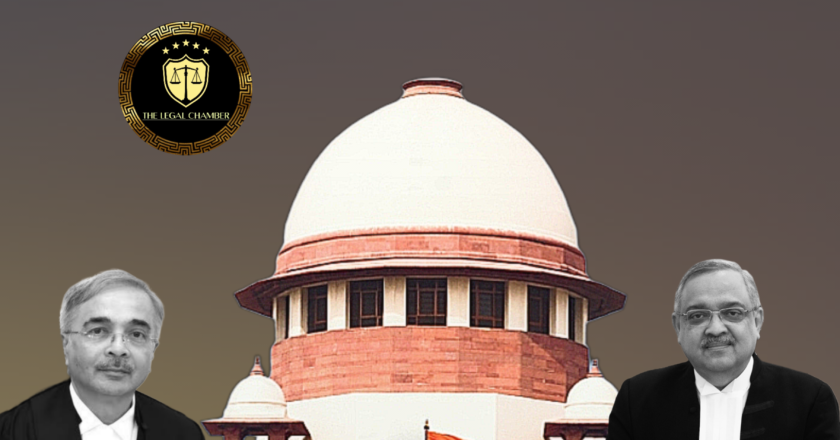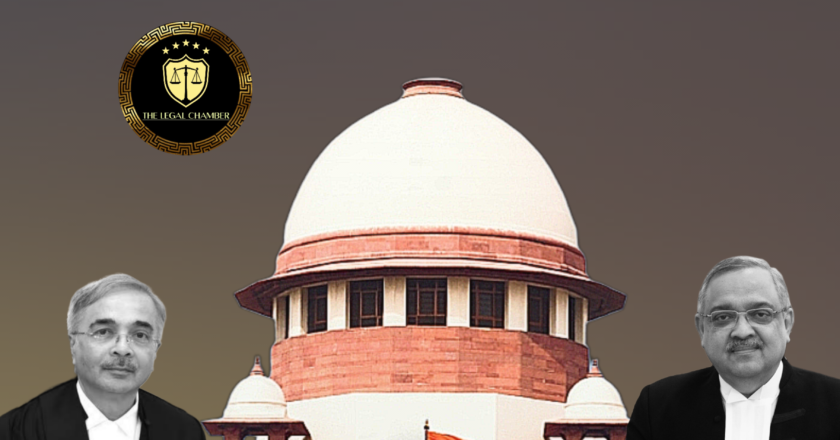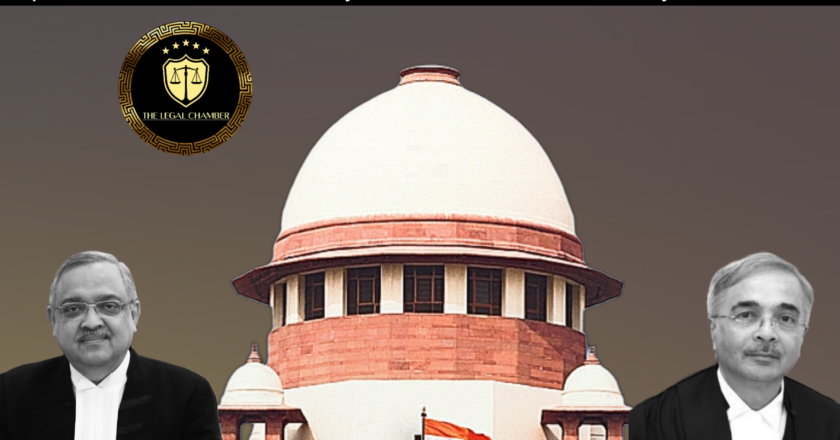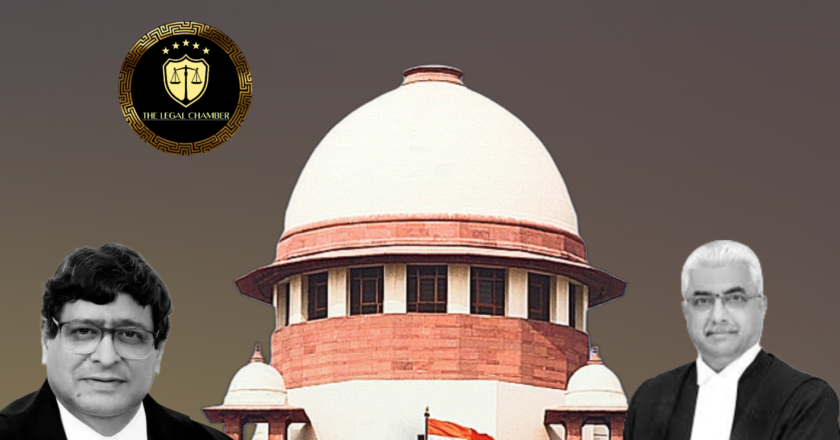Supreme Court Says Failure in Treatment Isn’t Always Negligence :A Landmark Ruling for Doctors
The Supreme Court held that consumer fora cannot travel beyond the pleadings to construct a new case for the complainant. It emphasized that medical negligence cannot be presumed merely because of an adverse treatment outcome. The Court ruled that the NCDRC overstepped its jurisdiction by basing its finding on antenatal care negligence, which was never pleaded by the complainant, and set aside the order.
Facts Of The Case:
A patient, Charanpreet Kaur, died from atonic Post-Partum Haemorrhage (PPH) hours after delivering a stillborn child at Deep Nursing Home, Chandigarh, under the care of Dr. Kanwarjit Kochhar. Her husband, Manmeet Singh Mattewal, filed a consumer complaint alleging medical negligence specifically in the post-delivery treatment. He contended the nursing home was il...
